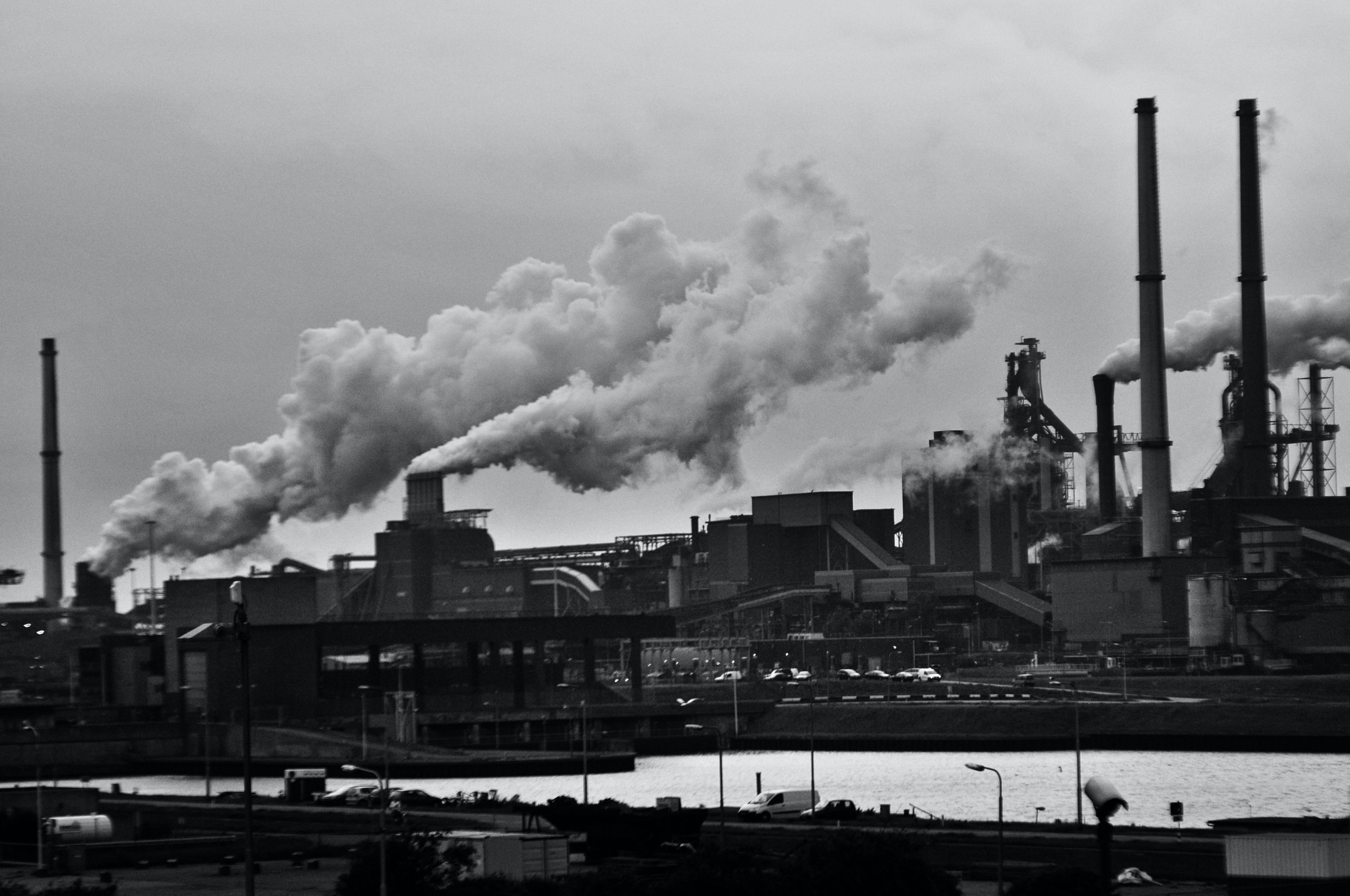Whistleblowing Hot Air: EPA Methane Emissions Monitoring Controversy

There are many problems with fraud committed against the United States and sometimes they can be well addressed by the False Claims Act. It is worth remembering though that the point of the law, like all efforts to provide the government with what it pays for, goes beyond just the money that could be collected.
A poignant reminder of this fact came to my attention from a Washington Post Article today on methane emissions. The story reports on a 68-page complaint by NC Warn, which accuses the EPA of allowing more methane into the atmosphere by allowing oil and gas companies to monitor emissions with a faulty device:
First of all, it is always interesting to read the phrase “blew the whistle” in the Washington Post as being a good thing to do. Secondly, this issue, as well as the article, are pretty complicated.
The EPA claims to have other ways to measure methane emissions, but there is a dispute between the inventor of the device and a University of Texas professor who used it as part of a study and found lower methane emissions than EPA estimates.
NC Warn, the group that filed a complaint with the EPA, is of course, standing by its pretty strong allegations. Those allegations include conflicts of interest, as well as the alleged technical problems with the machine used to measure emissions.
The complaint the group filed with the EPA itself is available from them here.
We live in a world in which some people want to deny even the existence of climate change. I do not really know what to do about that. Obviously, I’m not in a position to judge whether or not NC Warn is correct in its allegations that the device used to measure methane was faulty, and the study used by the EPA was subsequently faulty.
What we can say is that IF all that is true, if the whistleblower who, as it happens was an inventor of the technology used to measure the methane emissions, is correct, then the implications for our health and policy are quite serious.
You just cannot have the wrong information provided to the government and expect appropriate government policy. This may not be a fraud against the government in the usual sense of a False Claims Act allegation, as I could not find an allegation of the government funding this particular research. The facts may turn out not to support the allegations in the end too. However, this is a significant reminder of how small misinformation in seemingly innocuous, safe and even prestigious forms can have major implications on government action and policies.
The False Claims Act is supposed to be used to recover money for the government, but it is part of a larger movement. The movement is to impress on everyone doing business with or for the government that they are supposed to put the public interest first. We’ll watch to see what happens from the methane gas controversy.













